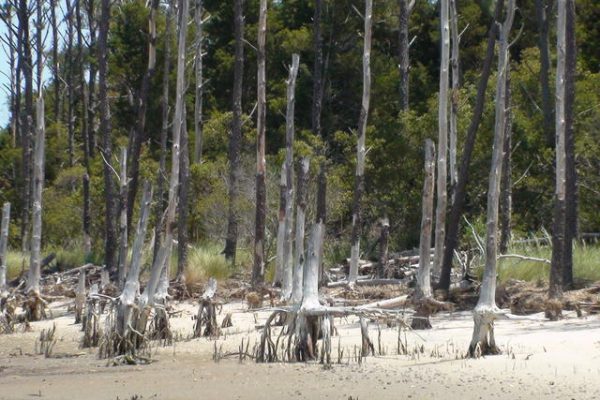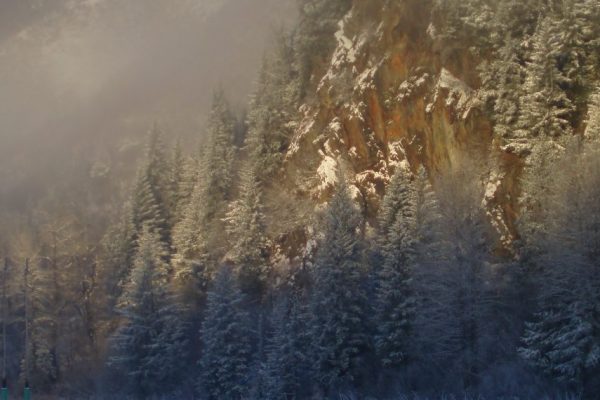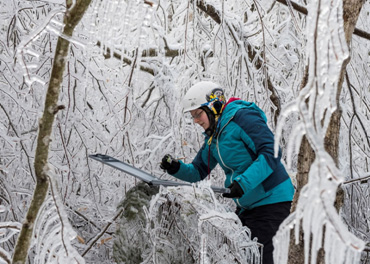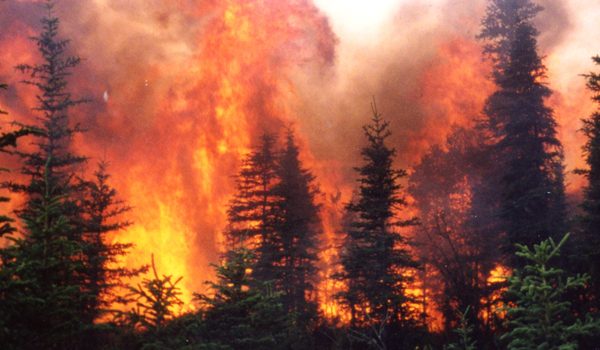Climate Variability Interacts with Average Weather Conditions
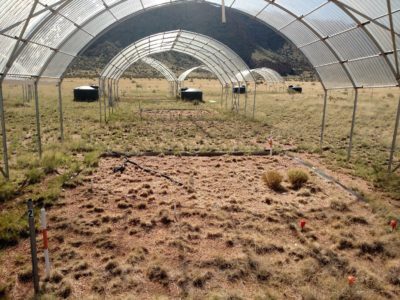
The climate of SEV LTER ecosystems has become drier and more variable during the past 100 years. SEV LTER research is gaining new insight into the biological consequences of these dual climate changes. For instance, increased climate variability has benefitted desert grassland during dry periods but reduced its productivity in wet periods, while plains grassland… Read more »

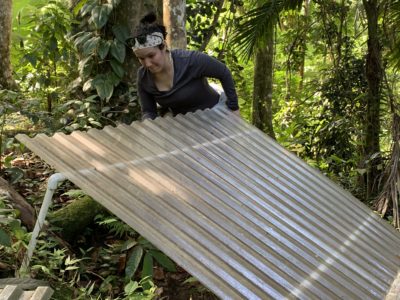
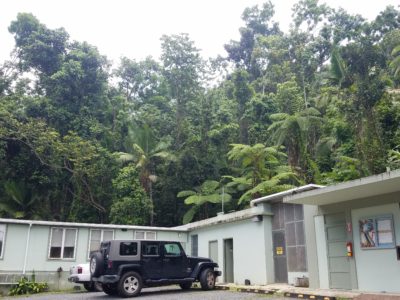
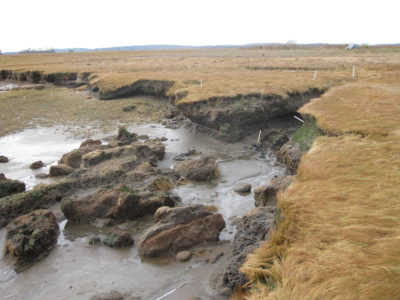

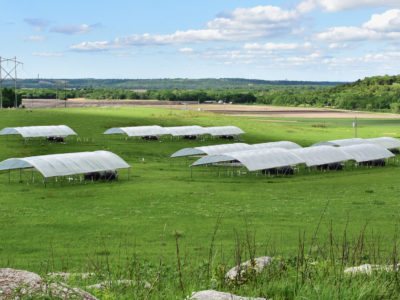
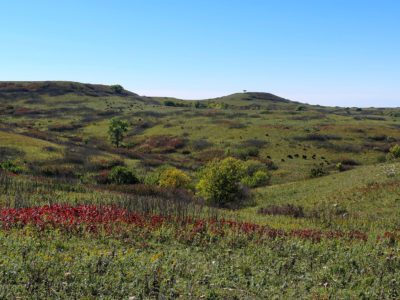
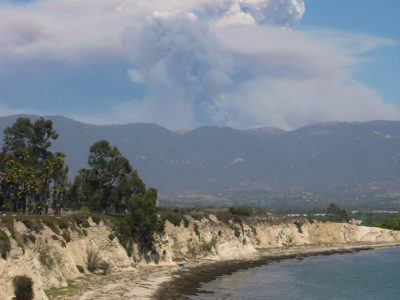
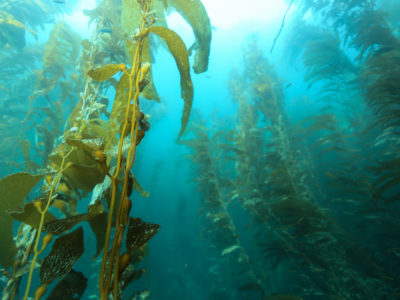
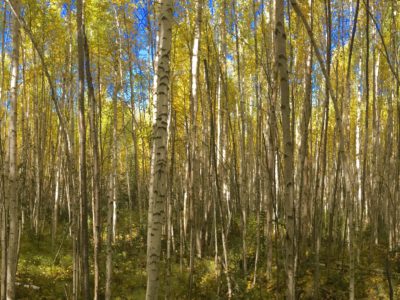
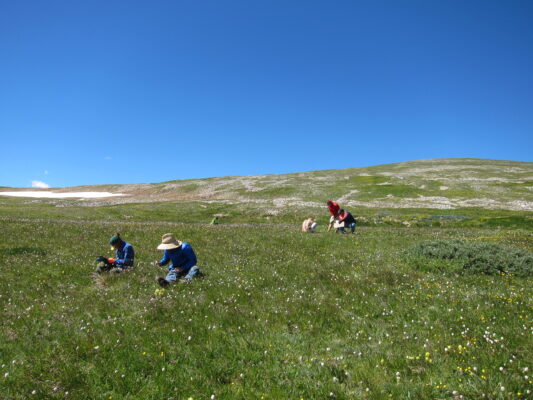
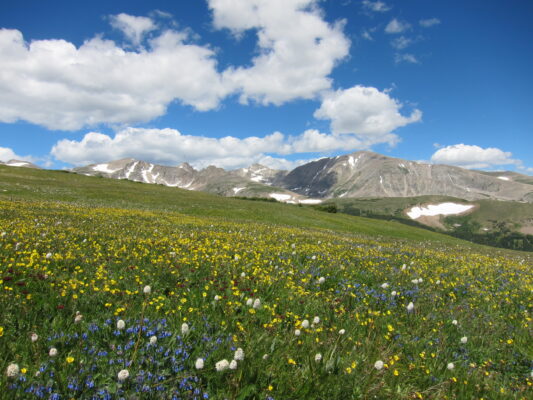
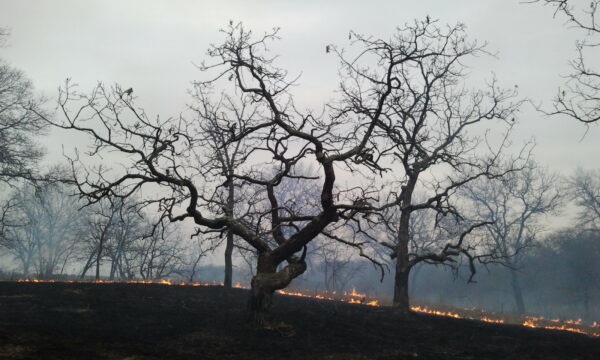
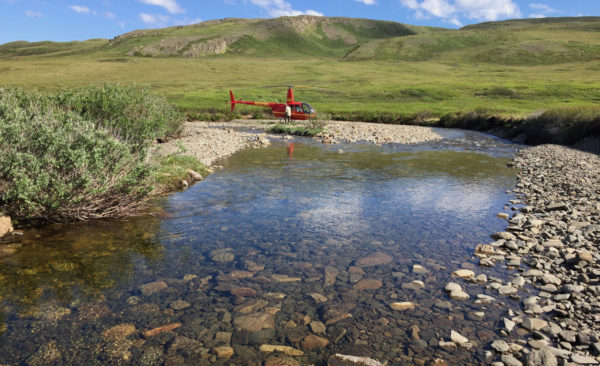
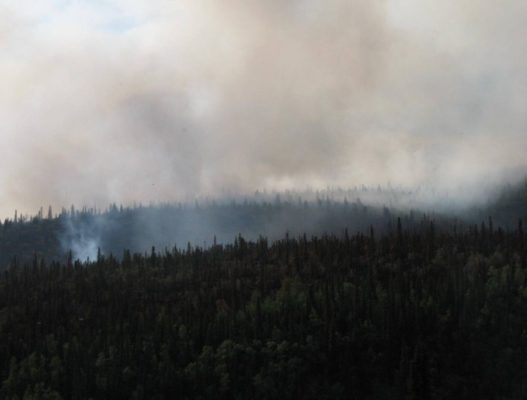
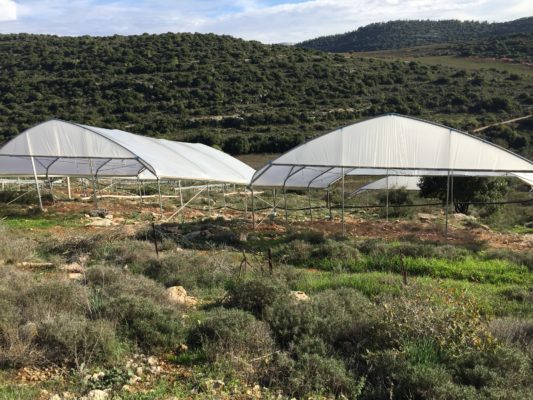 International Drought Experiment" data-envira-gallery-id="site_images_82464" data-envira-index="5" data-envira-item-id="82314" data-envira-src="https://lternet.edu/wp-content/uploads/2020/01/Matta_rainout-533x400.jpeg" data-envira-srcset="https://lternet.edu/wp-content/uploads/2020/01/Matta_rainout-533x400.jpeg 400w, https://lternet.edu/wp-content/uploads/2020/01/Matta_rainout-533x400.jpeg 2x" data-title="Matta_rainout" itemprop="thumbnailUrl" data-no-lazy="1" data-envirabox="site_images_82464" data-automatic-caption="Matta_rainout -
International Drought Experiment" data-envira-gallery-id="site_images_82464" data-envira-index="5" data-envira-item-id="82314" data-envira-src="https://lternet.edu/wp-content/uploads/2020/01/Matta_rainout-533x400.jpeg" data-envira-srcset="https://lternet.edu/wp-content/uploads/2020/01/Matta_rainout-533x400.jpeg 400w, https://lternet.edu/wp-content/uploads/2020/01/Matta_rainout-533x400.jpeg 2x" data-title="Matta_rainout" itemprop="thumbnailUrl" data-no-lazy="1" data-envirabox="site_images_82464" data-automatic-caption="Matta_rainout - 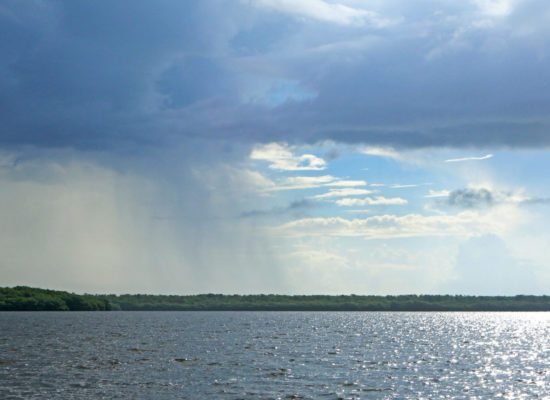 E Zambello/LTER Network Office
E Zambello/LTER Network Office 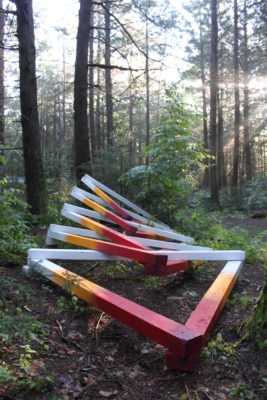
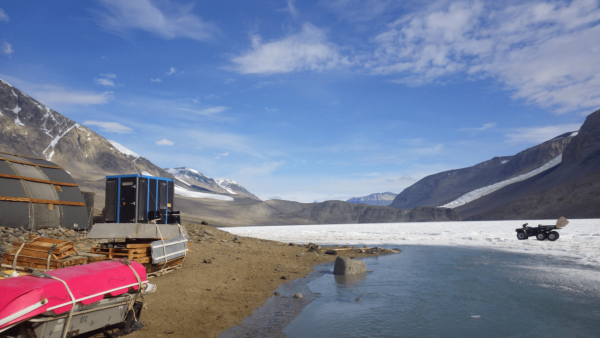
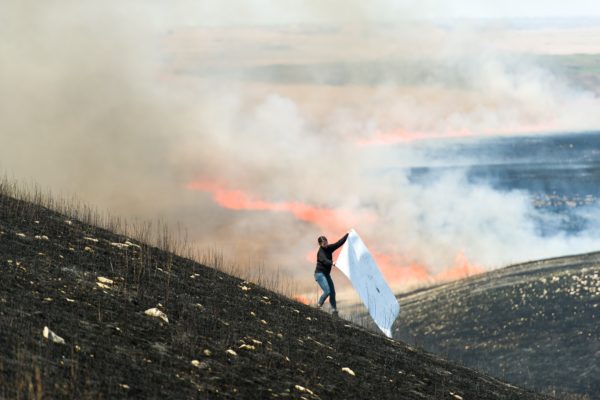
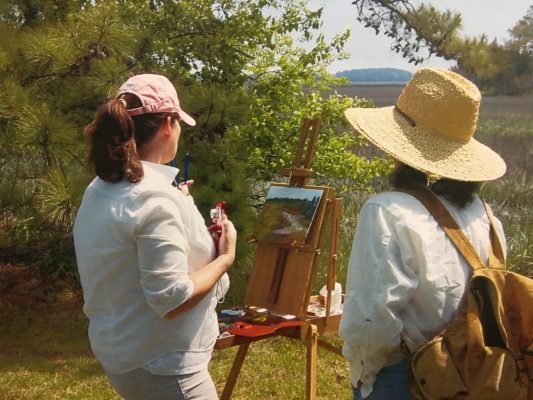
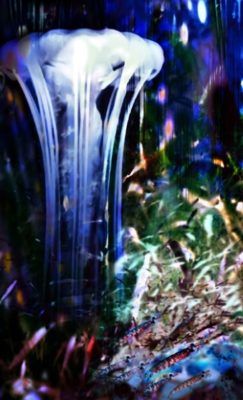
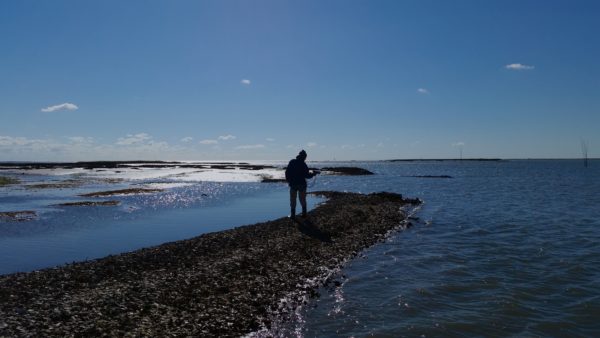
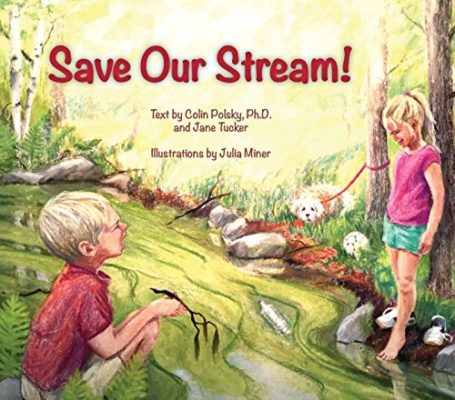
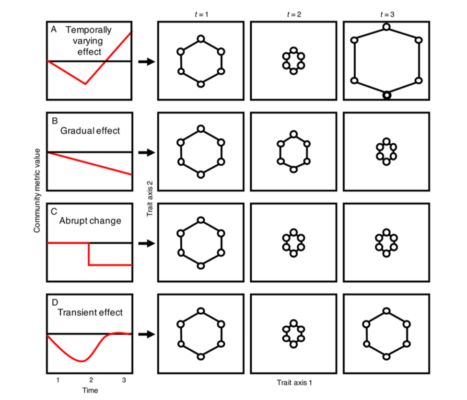
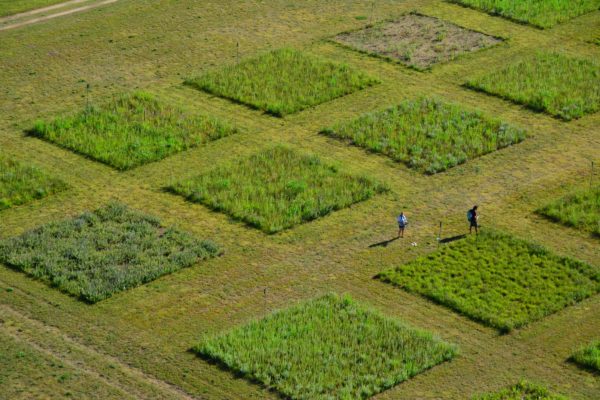
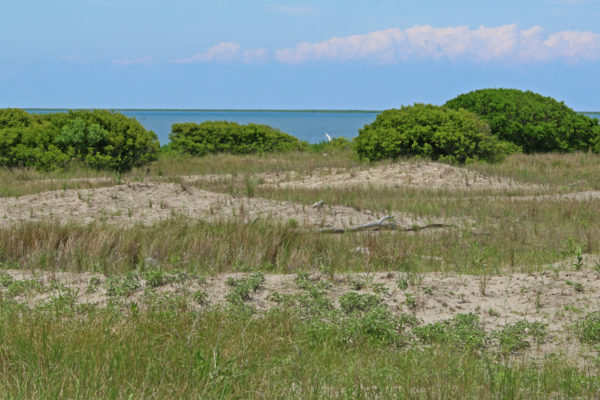 E Zambello/LTER-NCO
E Zambello/LTER-NCO 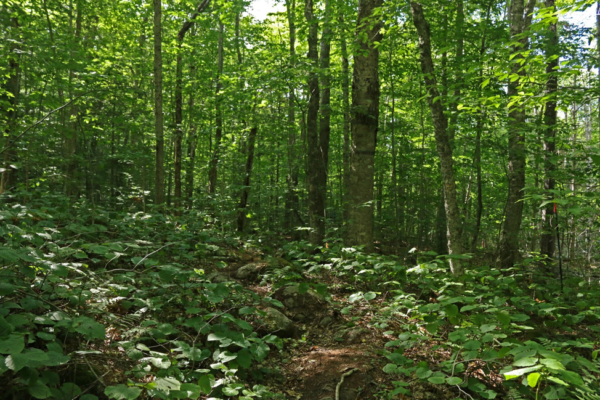 E Zambello/LTER-NCO
E Zambello/LTER-NCO 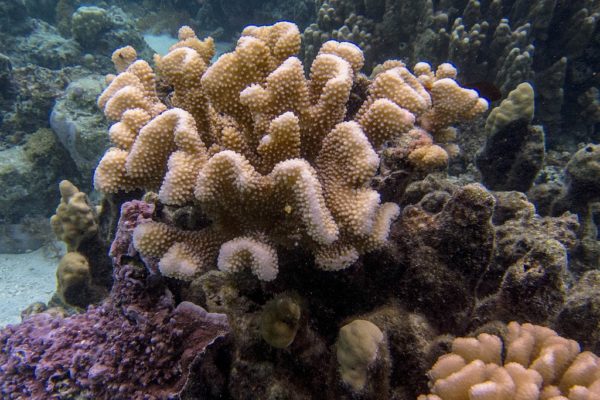
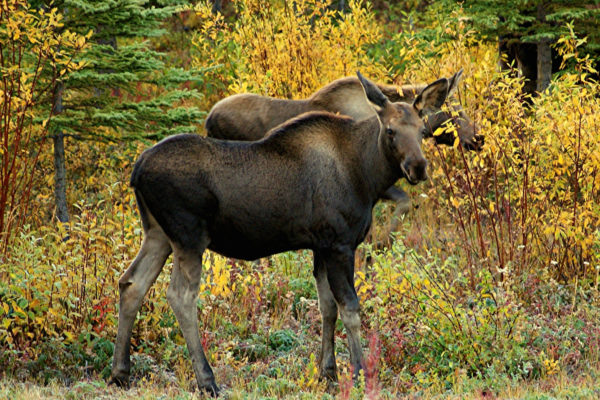 JLS Photography Alaska via Flickr
JLS Photography Alaska via Flickr 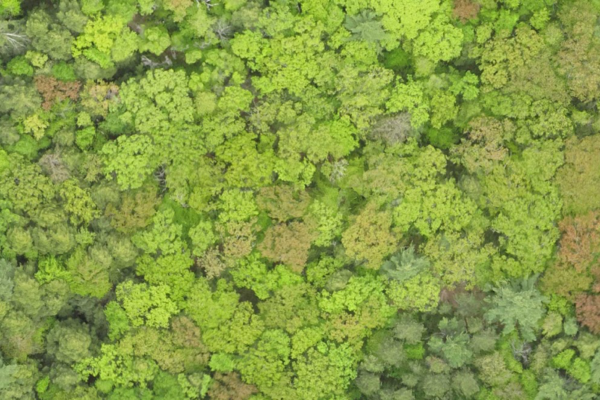
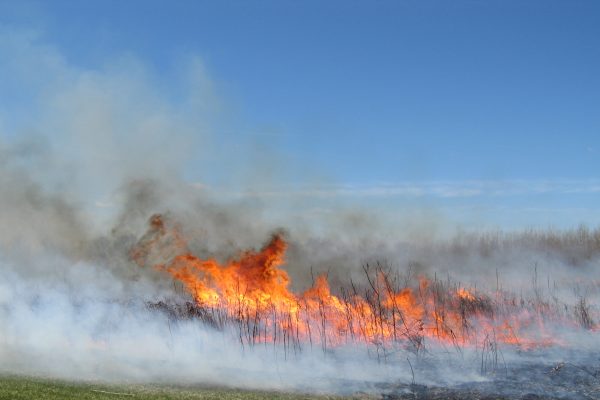
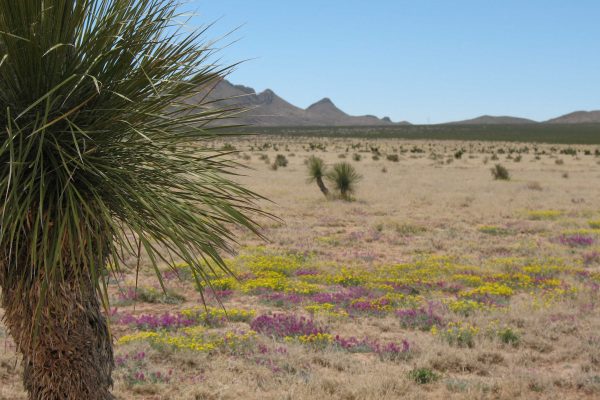
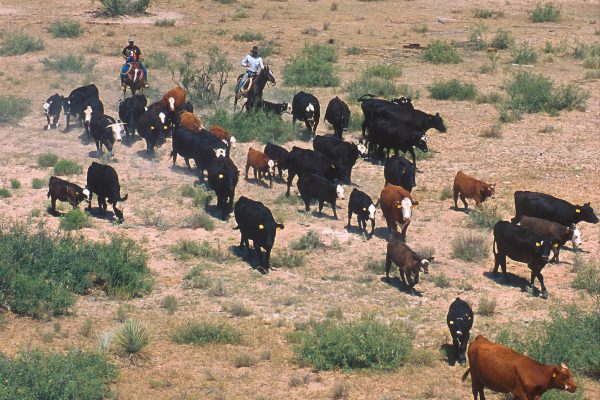
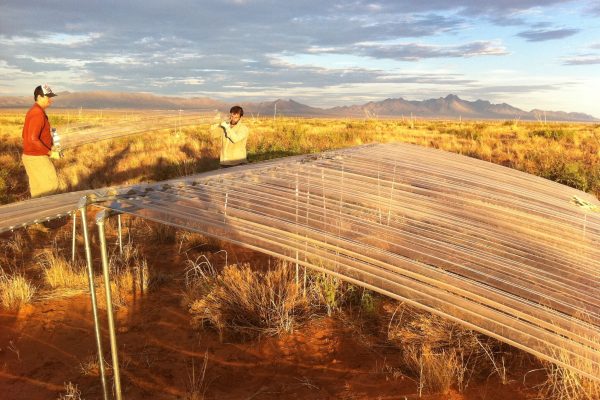
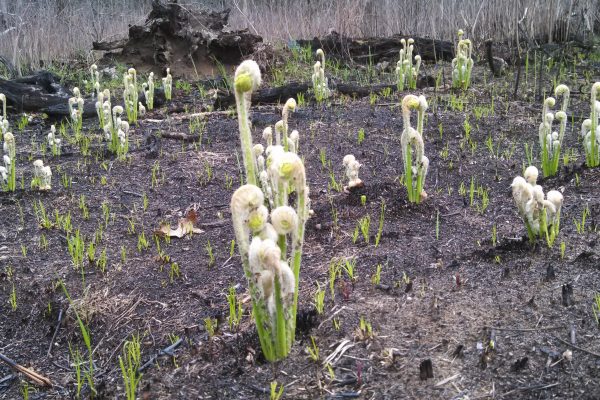
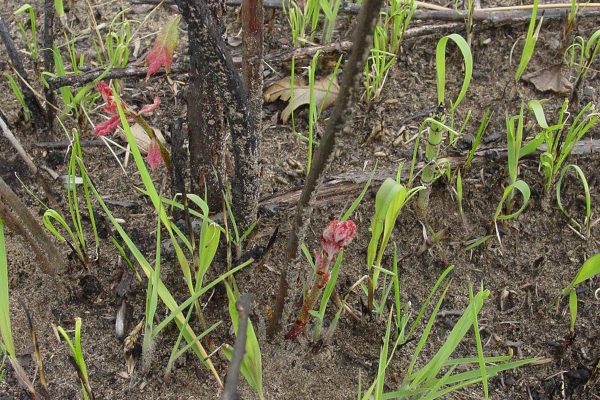
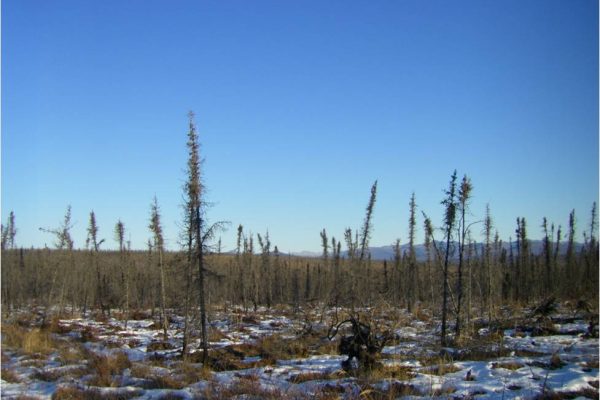
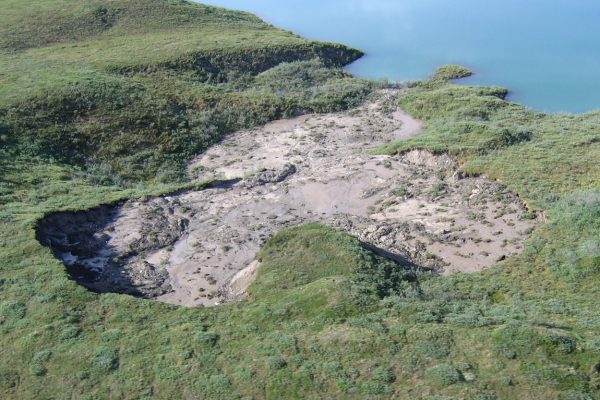
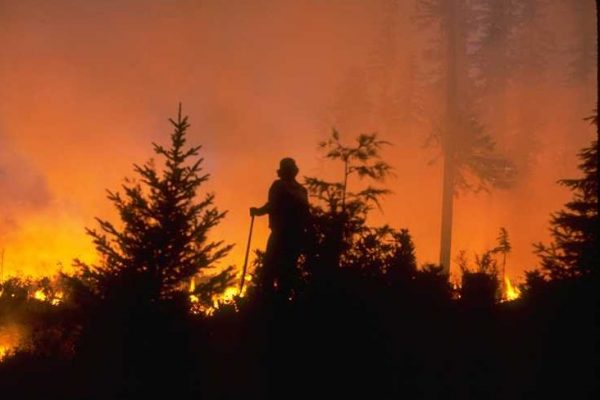
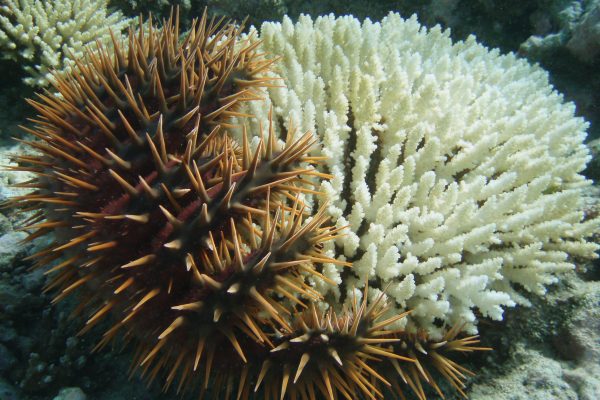 CC BY-SA 4.0" data-envira-gallery-id="site_images_82464" data-envira-index="30" data-envira-item-id="46180" data-envira-src="https://lternet.edu/wp-content/uploads/2017/11/P7193263-copy-600x400.jpg" data-envira-srcset="https://lternet.edu/wp-content/uploads/2017/11/P7193263-copy-600x400.jpg 400w, https://lternet.edu/wp-content/uploads/2017/11/P7193263-copy-600x400.jpg 2x" data-title="Crown-of-thorns Sea Star" itemprop="thumbnailUrl" data-no-lazy="1" data-envirabox="site_images_82464" data-automatic-caption="Crown-of-thorns Sea Star -
CC BY-SA 4.0" data-envira-gallery-id="site_images_82464" data-envira-index="30" data-envira-item-id="46180" data-envira-src="https://lternet.edu/wp-content/uploads/2017/11/P7193263-copy-600x400.jpg" data-envira-srcset="https://lternet.edu/wp-content/uploads/2017/11/P7193263-copy-600x400.jpg 400w, https://lternet.edu/wp-content/uploads/2017/11/P7193263-copy-600x400.jpg 2x" data-title="Crown-of-thorns Sea Star" itemprop="thumbnailUrl" data-no-lazy="1" data-envirabox="site_images_82464" data-automatic-caption="Crown-of-thorns Sea Star - 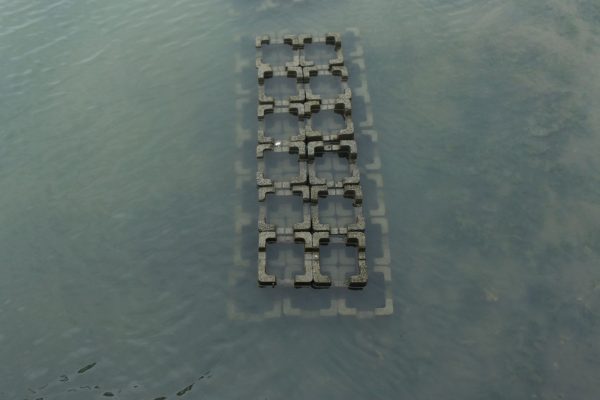 Erika Zambello/LTER NCO. CC BY-SA 4.0." data-envira-gallery-id="site_images_82464" data-envira-index="31" data-envira-item-id="46166" data-envira-src="https://lternet.edu/wp-content/uploads/2017/11/vcr-2-600x400.jpg" data-envira-srcset="https://lternet.edu/wp-content/uploads/2017/11/vcr-2-600x400.jpg 400w, https://lternet.edu/wp-content/uploads/2017/11/vcr-2-600x400.jpg 2x" data-title="vcr-cement-blocks" itemprop="thumbnailUrl" data-no-lazy="1" data-envirabox="site_images_82464" data-automatic-caption="vcr-cement-blocks - Submerged cement blocks rest below the sea level. Erika Zambello/LTER NCO. CC BY-SA 4.0." data-envira-height="200" data-envira-width="300" />
Erika Zambello/LTER NCO. CC BY-SA 4.0." data-envira-gallery-id="site_images_82464" data-envira-index="31" data-envira-item-id="46166" data-envira-src="https://lternet.edu/wp-content/uploads/2017/11/vcr-2-600x400.jpg" data-envira-srcset="https://lternet.edu/wp-content/uploads/2017/11/vcr-2-600x400.jpg 400w, https://lternet.edu/wp-content/uploads/2017/11/vcr-2-600x400.jpg 2x" data-title="vcr-cement-blocks" itemprop="thumbnailUrl" data-no-lazy="1" data-envirabox="site_images_82464" data-automatic-caption="vcr-cement-blocks - Submerged cement blocks rest below the sea level. Erika Zambello/LTER NCO. CC BY-SA 4.0." data-envira-height="200" data-envira-width="300" />